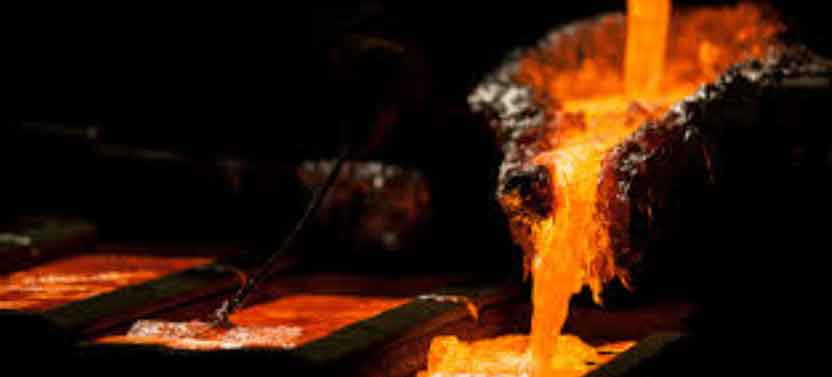
China has recognized the importance of sustainable development and has made significant commitments towards green and responsible practices in various industries, including casting. As the world’s largest producer and consumer of cast metal products, China’s efforts in promoting sustainability in the casting industry are crucial for global environmental progress. Here are some key initiatives and measures undertaken by China to foster green and responsible practices in casting:
- Energy Efficiency and Emissions Reduction: The Chinese government has implemented strict energy efficiency standards and emission regulations for casting processes. Casting companies are required to adopt energy-saving technologies, improve process efficiency, and reduce pollution. These measures aim to minimize energy consumption, decrease greenhouse gas emissions, and mitigate the environmental impact of casting operations.
- Circular Economy and Resource Conservation: China encourages the adoption of a circular economy approach in the casting industry, emphasizing resource conservation and waste reduction. Casting companies are encouraged to implement recycling and reuse strategies for materials and by-products. This includes the recycling of scrap metal, reducing material waste, and implementing efficient cooling and water management systems to conserve resources.
- Green Materials and Cleaner Production: The use of environmentally friendly materials and cleaner production techniques is promoted in the casting industry. China encourages the development and adoption of low-carbon and recycled materials, such as eco-friendly binders and sand additives. Cleaner production practices focus on reducing the use of hazardous substances, minimizing air and water pollution, and optimizing the overall environmental performance of casting processes.
- Technological Innovation: China invests in research and development to promote technological innovation in the casting industry. This includes the development of advanced casting processes, such as high-pressure die casting, precision investment casting, and low-emission melting technologies. These innovations aim to enhance process efficiency, reduce material waste, and minimize environmental impact.
- Industry Collaboration and Standards: China actively collaborates with industry associations, research institutions, and international organizations to develop and promote green and responsible practices in the casting sector. This involves the establishment of industry standards, guidelines, and best practices to ensure environmental compliance and sustainability across the industry.
- Environmental Assessments and Audits: Chinese authorities conduct environmental assessments and audits to monitor the compliance of casting companies with environmental regulations. These assessments help identify areas for improvement, encourage companies to adopt sustainable practices, and ensure proper environmental management within the casting industry.
- International Cooperation: China actively engages in international cooperation and exchanges to learn from global best practices in sustainable casting. This includes participating in conferences, seminars, and collaborations with international organizations to share experiences, technologies, and knowledge in promoting green and responsible casting practices.
It is important to note that while China has made progress in promoting sustainability in the casting industry, there are still challenges to address. These challenges include the enforcement of regulations, capacity building for smaller enterprises, and raising awareness among stakeholders about the importance of sustainable practices.
China’s commitment to green and responsible practices in the casting industry signifies a positive shift towards sustainable development. By embracing energy efficiency, circular economy principles, technological innovation, and international cooperation, China aims to reduce the environmental footprint of its casting operations and contribute to global sustainability efforts.
